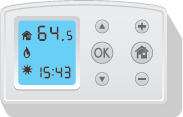
Adjust your thermostat before going to sleep. You can save about 10% per year on your heating bills by turning your thermostat down 10 to 15 degrees for eight hours.
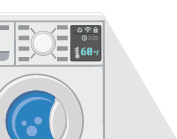
Wash clothes in cold water to save $63 a year. Up to 90% of the energy use involves heating water.
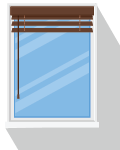
Take advantage of our natural heat source, the Sun! Open blinds, shades or drapes to let sunlight in, especially on south and west facing windows.
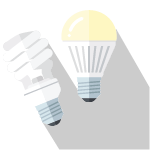
Upgrade your lightbulbs from incandescents to CFL's or LEDs.
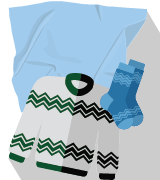
Bundle up! Instead of turning the heat up, put on a cozy winter sweater and warm socks. Keep throw blankets on your couch, and add an area rug to insulate the floor.
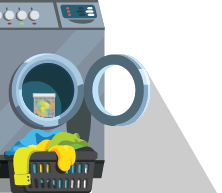
Clean the filters in your dryer after each use. This lets the air circulate efficiently and helps dry your clothes quicker. Make sure not to overload your dryer.
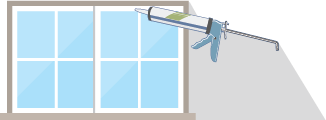
Weatherize your home. Ensure that air leaks are sealed and add insulation where necessary.
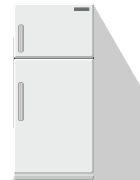
Replace older, less efficient appliances with Energy Star qualified appliances.
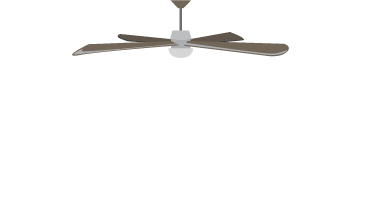
Use ceiling fans in the winter to push warm air down into the room. Most fans have a switch on the side motor that you can flip to change the oscillation direction. Reverse the direct of the blades in the summer.

Do the dishes later. Postpone dishwashing, laundry, and using the oven until the nighttime to avoid generating extra heat in your home.
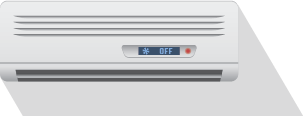
Turn off a room air conditioner when you leave for several hours. You will use less energy when you cool the room later.
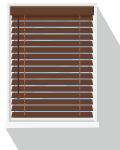
Close blinds, shades or drapes to block sunlight during the hottest part of the day, especially on south and west facing windows. Installing patio covers, awnings, and solar window screens can also shade your home from the sun.
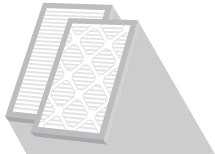
Clean or replace air conditioning filters at least once a month. Dirty filters restrict airflow and can cause the system to run longer, increasing your energy use.

Consider using an electric fan instead of an air conditioner while you sleep. The gentle flow of air from an electric fan can help cool your body by speeding up the evaporation of moisture on your skin. An electric fan is less expensive to run than an air conditioner.

Shade your AC unit. Direct sunlight on an air conditioning unit increases its workload. When possible, locate the unit on the north or shady side of you home.

Move any furniture, draperies or other obstructions that may be blocking the flow of cool air from registers or individual air conditioning units.
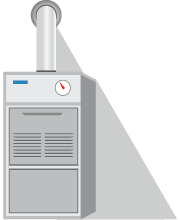
Service your furnace frequently. Check your furnace filter monthly, and replace it when it gets dirty.
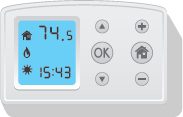
Invest in a smart or programmable thermostat. This can reduce electricity use for heating and cooling and can potentially save up to $180 per year.
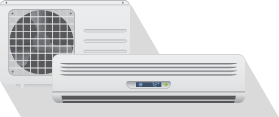
Get more from your AC unit. Instead of using multiple window air conditioners, consider using a fan with one window air conditioner to spread the cool air throughout your home.
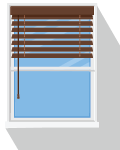
Take advantage of cool weather. During cooler, less humid weather, open windows instead of using an air conditioner.
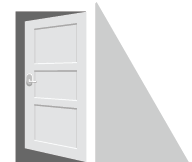
Close off unused areas. Close cooling vents and turn off window air conditioners in unused rooms. Keep doors to unused rooms closed.
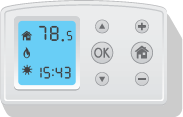
Don't go too low. Set your airconditioner's thermostat at the highest temperature for your comfort level. The higher the setting, the more energy you save.